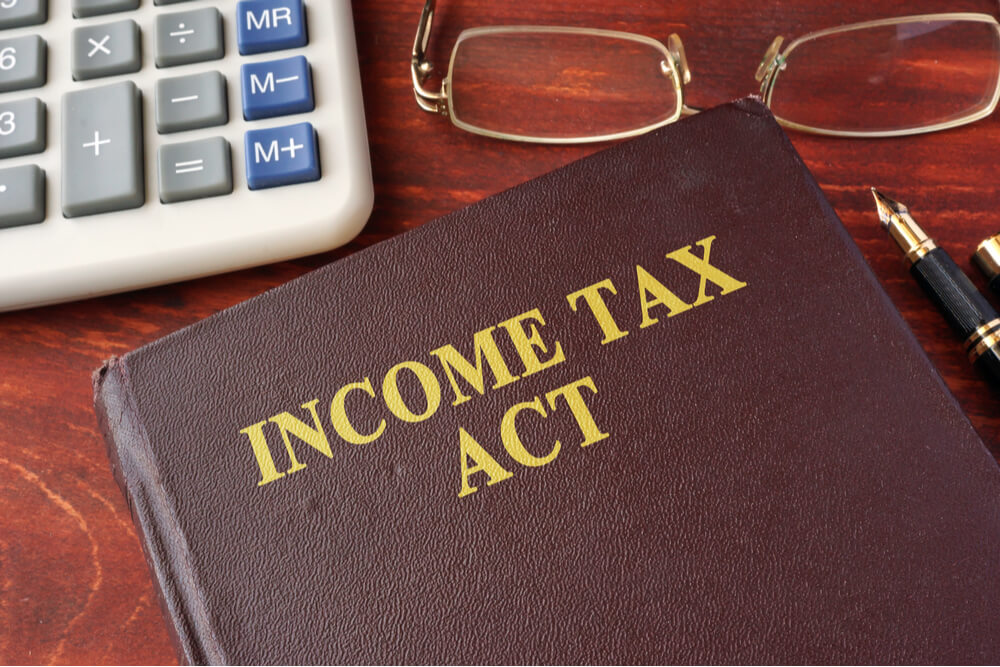Understanding Section 10(26B) of the Income Tax Act: Exemption for Minority Community Corporations
Introduction
The Income Tax Act of India includes several provisions aimed at providing tax exemptions to specific groups and institutions to promote social and economic welfare. One such provision is Section 10(26B), which grants tax exemption to corporations established for promoting the interests of minority communities. This blog will delve into the details of Section 10(26B), its implications, and the benefits it provides.
What is Section 10(26B)?
Section 10(26B) of the Income Tax Act exempts the income of corporations established by the Central Government or any State Government for promoting the interests of minority communities from being included in total income. This exemption is designed to support the economic and social development of minority communities in India.
Definition of Minority Community
For the purposes of Section 10(26B), a “minority community” is defined as a community that has been notified as such by the Central Government in the Official Gazette. This notification process ensures that only those communities recognized as minorities by the government can benefit from the provisions of this section.
Key Features of Section 10(26B)
Tax Exemption:
The primary feature of Section 10(26B) is the exemption from income tax for eligible corporations. This means that any income earned by these corporations is not included in their total income for tax purposes.
Government-established Corporations:
The exemption applies only to corporations established by the Central or State Governments. These corporations must be specifically created for promoting the interests of minority communities.
Official Notification:
The minority community must be notified by the Central Government in the Official Gazette for the corporation to be eligible for the exemption under Section 10(26B).

Benefits of Section 10(26B)
Economic Upliftment:
By providing tax exemptions, Section 10(26B) allows corporations to utilize their resources more effectively for the economic upliftment of minority communities.
Social Development:
The tax savings can be redirected towards social development projects, educational programs, healthcare initiatives, and other welfare activities aimed at improving the living standards of minority communities.
Encouragement of Corporate Responsibility:
The provision encourages the formation of corporations focused on minority welfare, promoting corporate responsibility and inclusive growth.
Real-world Applications
Several corporations have benefited from the provisions of Section 10(26B). These corporations engage in various activities such as setting up educational institutions, providing vocational training, healthcare services, and supporting small businesses within minority communities. The tax exemption under this section allows these corporations to channel more funds into their developmental activities, thereby making a significant impact on the ground.
FAQ: Section 10(26B) of the Income Tax Act
1. What is the primary benefit of Section 10(26B)?
The primary benefit of Section 10(26B) is the exemption from income tax for corporations established by the government to promote the interests of minority communities. This allows these corporations to use their funds more effectively for developmental activities.
2. How is a minority community defined under Section 10(26B)?
A minority community is defined as a community that has been notified as such by the Central Government in the Official Gazette.
3. Which corporations are eligible for the tax exemption under Section 10(26B)?
Only corporations established by the Central Government or any State Government specifically for promoting the interests of minority communities are eligible for the tax exemption under Section 10(26B).
4. What types of activities do these corporations typically engage in?
These corporations typically engage in activities such as setting up educational institutions, providing vocational training, healthcare services, and supporting small businesses within minority communities.
5. Can a privately established corporation claim tax exemption under Section 10(26B)?
No, the exemption under Section 10(26B) is only available to corporations established by the Central or State Governments.
6. How can one determine if a community is recognized as a minority community for the purposes of Section 10(26B)?
The status of a community as a minority community is determined through notification by the Central Government in the Official Gazette.
7. What impact does the tax exemption under Section 10(26B) have on the development of minority communities?
The tax exemption allows corporations to allocate more funds towards social and economic development projects, thereby enhancing the welfare and upliftment of minority communities.
If you have more questions or need further clarification, feel free to contact us or visit our website at SmartTaxSaver.
Conclusion
Section 10(26B) of the Income Tax Act plays a crucial role in fostering the economic and social development of minority communities in India. By exempting the income of eligible corporations from tax, this provision enables these entities to focus their resources on welfare activities that can bring about meaningful change. Understanding the importance and benefits of Section 10(26B) is essential for stakeholders involved in the promotion of minority interests and those looking to establish corporations for similar purposes.
For more detailed information and updates on tax exemptions and other provisions, visit our website at SmartTaxSaver.

Leave a Reply